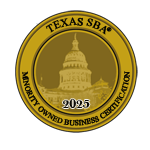
by Scott Armbruster
Sustainability is a word that over the last 5 years has taken the energy industry by storm. Merriam-Webster defines sustainability as:
“1: capable of being sustained. 2a: of, relating to, or being a method of harvesting or using a resource so that the resource is not depleted or permanently damaged. 2b: of or relating to a lifestyle involving the use of sustainable methods “
We hear this term from our clients at least once a day, and accept this as perceived path of business. This pressure to enact a “sustainability program” can come from many areas, whether internally or externally. Bottom line is that these initiatives are here to stay, and we spend significant amount of time with our clients to initially map what the goals and objectives are of the initiative. Focusing in on a specific area of sustainability can help pin point resources, achieve the required goals, and determine the most cost effective avenues to fulfill any sustainable energy plan.
Sustainability can typically be grouped into 3 main buckets.
- Renewable Energy
- Renewable Energy Credits (RECs)
- Asset Ownership/Power Purchase Agreement (PPA)
- Energy Efficiency
- Process improvements/Load Optimization
- Infrastructure Improvements/Capital Expense
- Load Response
- Critical Peak Load Management
- Demand Response
Here at Choice Energy Services we understand every facet of sustainability. We are here to be an extension of your staff, provide education, and leadership to help define and map your company’s sustainability initiative. With multiple solutions, state programs, and federal incentives continually changing, successfully managing a sustainability program can be intense. Clearly defining what sustainability actually means to your organization is of upmost importance, because heading off blindly into the direction of environmental stewardship may hurt the ability of your business to sustain profitability.
Confidential: Choice Energy Services Retail, LP.



